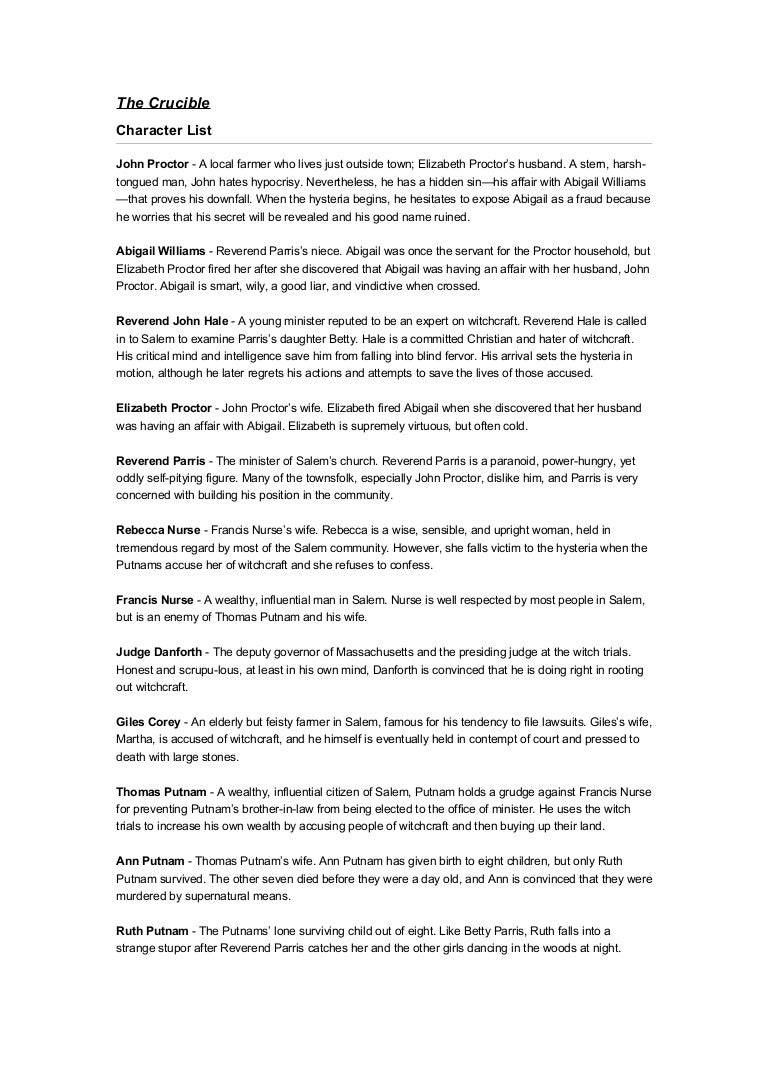

We do see in the play that the accusation of witchcraft against Abigail Williams (Samantha Colley, in an impressive professional debut) appears to be the result of an injustice she has suffered: she had sex with farmer John Proctor (Armitage: The Hobbit: The Desolation of Smaug, Captain America: The First Avenger) - it was hot and steamy, we can guess from the way she talks to him about it, and she liked it! - and then his wife, Elizabeth (Anna Madeley: In Bruges, The Secret Life of Mrs. I know that Miller was not exactly known as a feminist, but I’m astonished by how the play doesn’t seem to have any appreciation for the fact that historical accusations of witchcraft against women have always been misogynist in nature, such as, for instance, punishments for transgressing against the chastity that has always been expected of women but less so of men (and punished less, if at all, in men). Mostly, though, I’m overwhelmed by how pissed off I am with the play itself. I don’t mean to damn with faint praise: Armitage is very good here, just not in any way that particularly distinguishes him from the rest of the very good cast, a combination of newcomers and veterans. Not even as performed in the round, as this production is: the audience is closer than with a traditional proscenium stage, not still nowhere near as close as TV or film bring us.

A lot of shouting and stalking onstage cannot compensate for the inability of the audience to get close enough to see fine gradations of emotion flickering across his face. But his especial power as a performer would seem to require the intimacy of the screen. Sure, he’s a very fine actor, and he brings a muscular presence to what is overall a very earthy and spookily atmospheric production. I was surprised to find that, actually, he isn’t. Frankly, I was interested mostly because Richard Armitage is starring, and I wanted to see if he is as mesmerizing onstage as he is onscreen.

I’d never seen the play before, nor had I read it - I knew about it only generally, as Miller’s allegorical take on McCarthyism, written during its height, via a semifictionalized account of the Salem witch trials of the late 17th century. On Saturday night I attended a performance of a new production of Arthur Miller’s The Crucible at London’s legendary Old Vic theatre (where Kevin Spacey is currently the artistic director). (what is this about? see my critic’s minifesto)


 0 kommentar(er)
0 kommentar(er)
